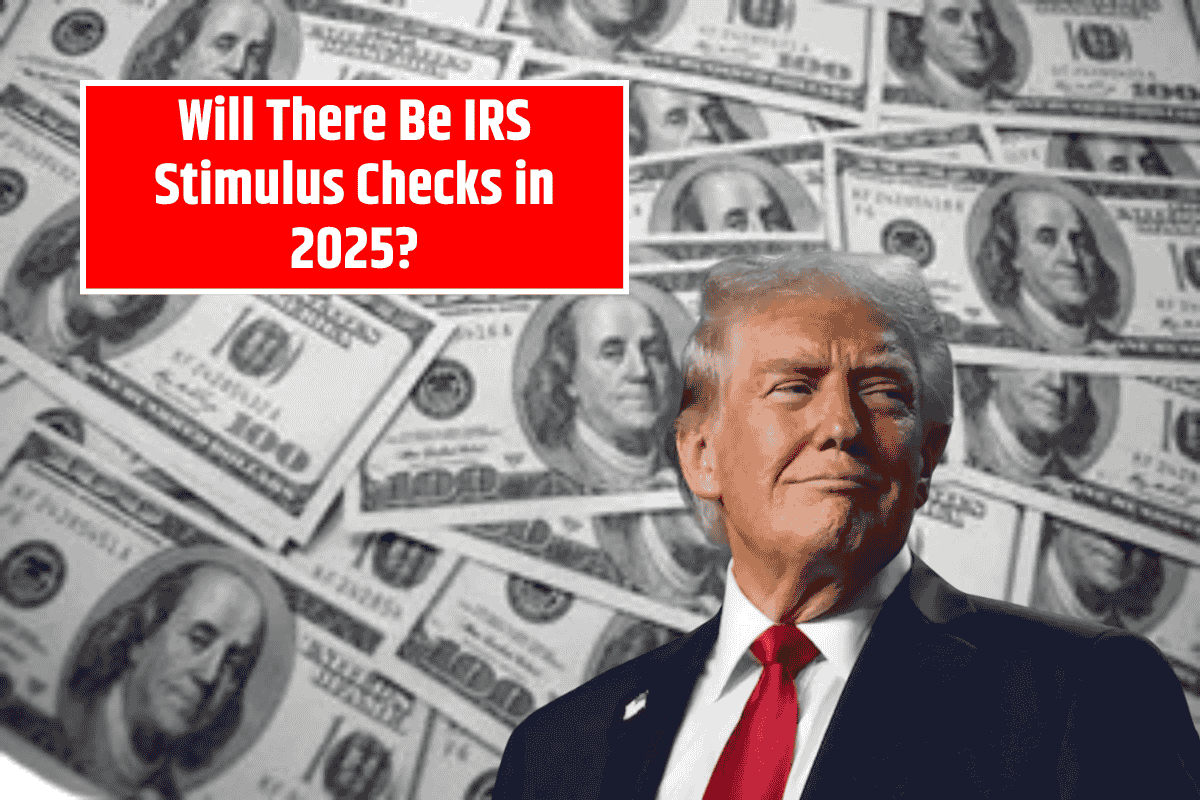With talk of new rebate proposals and lingering questions about past stimulus checks, many taxpayers are wondering what’s really happening with government payments in 2025.
From the proposed American Worker Rebate Act to inflation relief checks and IRS tax refunds, here’s a clear update on what’s real, what’s not, and how to check your payment status.
The American Worker Rebate Act of 2025: What’s the Status?
There’s been a lot of buzz about the American Worker Rebate Act of 2025, introduced by Missouri Senator Josh Hawley. If passed, it would send payments ranging from ₹50,000 to nearly ₹2,00,000 ($600 to $2,400) to eligible American families.
However, as of now, this bill has not passed through Congress, so no payments are being made yet. Until it becomes law, there’s no official program for this rebate.
No Confirmed Fourth Stimulus Check Yet
Despite viral claims and social media rumors, there is no confirmed fourth federal stimulus check for 2025. A widely shared false claim about a new $1,390 stimulus check has been debunked by officials. The IRS and Congress have not announced any new stimulus payments.
If you come across news of new stimulus checks, double-check the source. False news and scams are common, especially when money is involved.
Summary of Previous Stimulus Checks
Here’s a recap of the COVID-era stimulus payments:
| Stimulus Check | Amount | Deadline to Claim |
|---|---|---|
| First (2020) | $1,200 per adult, $500 per child | Jan 15, 2021 (expired) |
| Second (2020-21) | $600 per adult, $600 per child | Jan 15, 2021 (expired) |
| Third (2021) | $1,400 per adult and dependent | April 15, 2025 (expired) |
If you missed any of these payments, the window to claim them has closed. Even if you filed a tax extension, the deadline to get the third check was April 15, 2025. No further appeals are possible.
What’s a DOGE Dividend?
In early 2025, Donald Trump mentioned a potential $5,000 “DOGE dividend,” using savings from a proposed Department of Government Efficiency (DOGE). This would be a new kind of payout if implemented, but no official plan or timeline has been released.
As of now, this idea remains a proposal only, with no real steps taken toward implementation.
Inflation Relief Checks from States
Some states have been offering inflation relief or rebate checks to help residents offset high prices. These are state-level payments, not federal stimulus checks.
Here’s what a few states are doing:
New York: Up to $200 for individuals earning below ₹62,00,000 ($75,000) and $400 for couples earning below ₹1.25 crore ($150,000).
Pennsylvania, Georgia, Colorado: One-time rebate checks issued to eligible taxpayers and property owners.
If you live in one of these states, check your state tax department’s website for eligibility and status.
How to Check Your Federal Tax Refund
If you’re waiting for your IRS tax refund, here’s how the process works:
E-filing with direct deposit: Refund usually arrives within 21 days.
Paper filing or no bank info: Refund via cheque may take 6–8 weeks.
Use the IRS “Where’s My Refund” tool to track your refund status:
- Visit the IRS website.
- Enter your Social Security number, filing status, and refund amount.
- Get updates like:
- Return Received
- Refund Approved
- Refund Sent
Refund information updates once per day, overnight.
You can also call the IRS at 800-829-1954 to check your status.
How to Check Your State Tax Refund
Each state has its own refund tracking system. Here are some helpful links:
Delaware: Visit the Division of Taxation website.
Pennsylvania: Use their online portal to track refunds.
New Jersey: Track your refund through the NJ Taxation portal.
Make sure you have your Social Security number, filing status, and exact refund amount when checking online.
While rumors of a new federal stimulus check are everywhere, no new stimulus payment has been approved for 2025. The proposed American Worker Rebate Act is still waiting on Congress, and state-level relief checks vary by location.
The IRS is still processing regular tax refunds, so use official tools to track your payments. As always, avoid misinformation by sticking to trusted sources like the IRS website or your state tax department.
